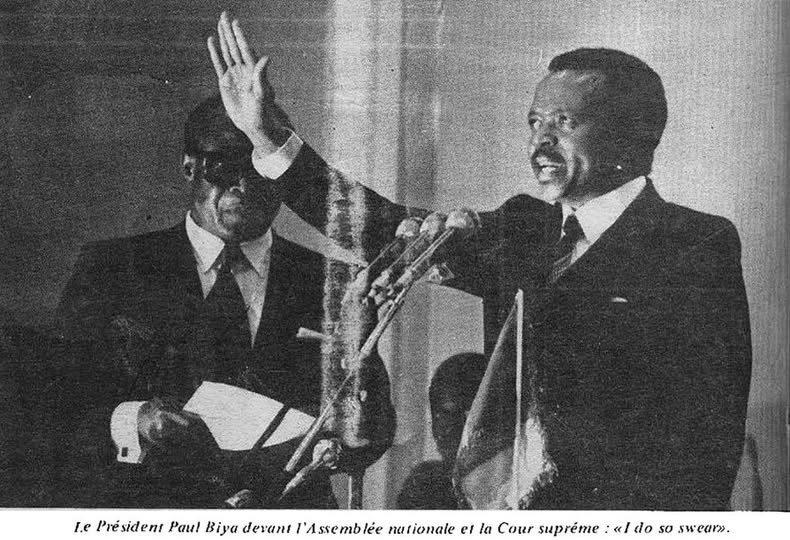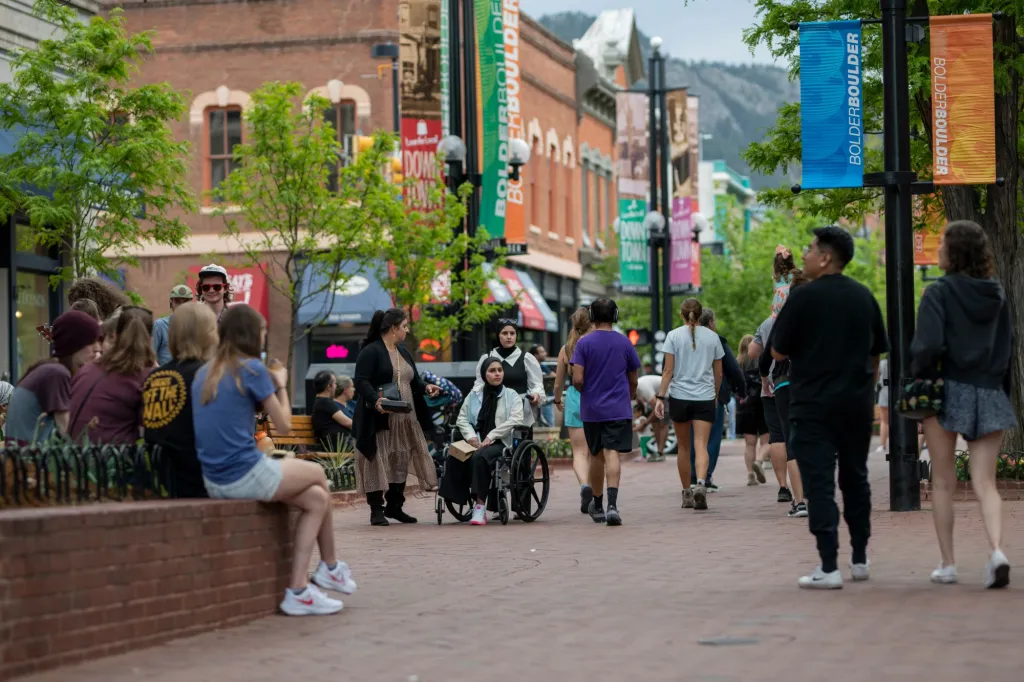Copyright cameroonnewsagency

By Hans Ngala It is safe to say that most Cameroonians are craving change now, after 43 years of Biya’s rule – or misrule. Having led an oil-rich and mineral-rich country, the country’s wealth has hardly trickled down to the ordinary masses. Biya and his cohort of close allies have managed to keep the wealth of the country in large part on themselves, while repeatedly borrowing from the Bretton Woods institutions.Cameroon’s roads are for the most part, in deplorable or impassable state and even in Yaounde, most roads only began receiving renovations a mere three weeks to election day. And just as abruptly as the works had begun, they all came to a halt after election day. And to think that Biya has been in office for 43 years while the capital city has kept on falling into disrepair under his watch – or choreographed absences, is bewildering. So how exactly has Biya managed to rule so long?Biya is a ruler who seems obsessed with power. At 92, he has shown no signs of wanting to take his much-needed and frankly, overdue, retirement. He seems hellbent on working himself to death and taking the country to the grave with him. Biya has been able to co-opt all public institutions. Even places like universities which are supposed to be neutral spaces for learning, now function like extensions of Biya’s party. He nominates rectors and vice-chancellors and they in turn have to be loyal to him. The GCE Board which Anglophones fought and bled for, before it was created, has now become a property of the Ministry of Secondary Education, losing its neutrality and independence. Same with the National Communication Council (NCC) which claims to play a watchdog role but in fact acts more like a pro-Biya censor. The NCC ought to be made up of independently appointed journalists who then answer to government as and when necessary, but the organization works instead like a defender of the regime, always threatening sanctions on media outlets that are even remotely critical of Biya. The CRTV is same and even the Cameroon Development Corporation (CDC) which was founded as an independent development and employment organization with its own board of governors etc. If change is to come to Cameroon, whoever becomes the new president (or if Biya “wins” again), these institutions all have to be reformed and decentralized so that they are not all beholden to Biya. Cameroon is not Biya’s company or farm which he can harvest from or treat as he sees fit.For Cameroon to truly move forward, there must be a collective awakening among citizens and the political class alike. If we fail to separate powers and restructure all Cameroonian public institutions, we risk replacing Biya with another version of himself, with a new face. True change will only come through dismantling the system of patronage, fear, and corruption that has kept him in power for more than four decades. Biya should not be a synonym for Cameroon and vice-versa. Cameroonians must insist on transparency in governance, public servants from MPs to governors and mayors all need to declare their assets before taking office and after they leave, corruption (which has been normalized under Biya’s lackadaisical rule) must be rooted out at every level and genuine separation of powers at every level must take place. The Anglophone Crisis which is the most urgent national issue in our country, must be solved through political means which will involve discussing the form of the state. All manner of so-called “dialogue” have failed to silence the guns and we must now stop pretending and lying to ourselves and to the world that “peace has returned” to the NW and SW when people are suffering and still dying in these regions. then can Cameroon rise from the ruins of complacency and reclaim its promise as Africa in miniature



